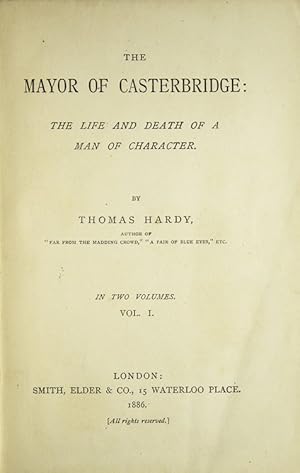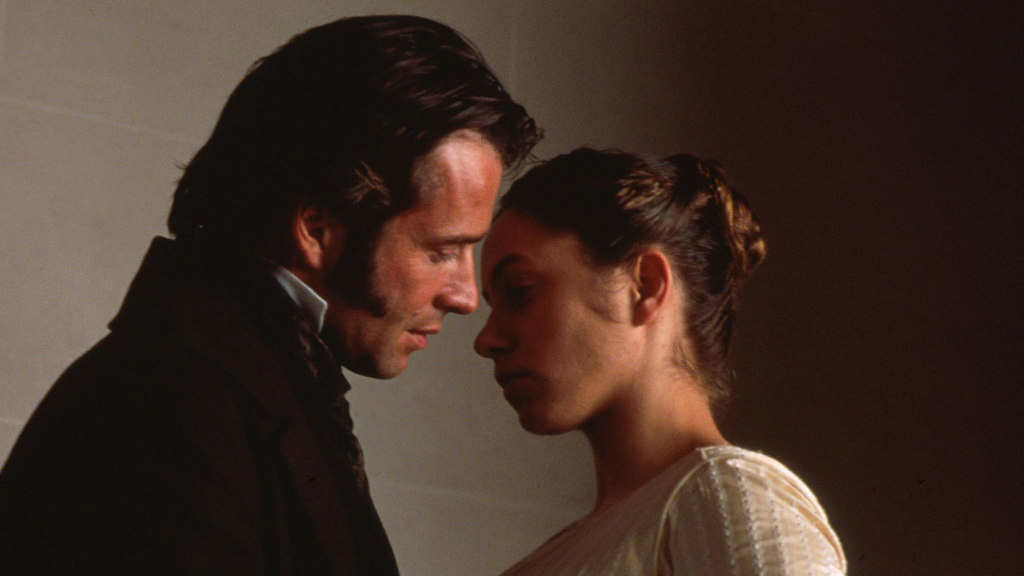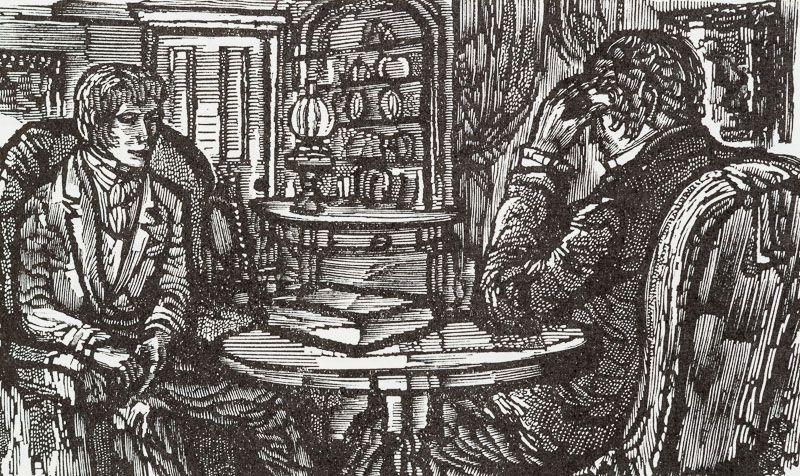

Unfortunately for Henchard, he made some bad decisions as a young man that come back to haunt him just as things really seem to be looking up for him. The novel follows the fortunes (and misfortunes) of a man named Michael Henchard, who becomes a grain merchant and the mayor of a town called Casterbridge. Hardy set many of his novels, including The Mayor of Casterbridge, in a fictional county of southern England that he called "Wessex." The fictional towns, farms, rivers, and forests in Wessex are common to all the "Wessex novels." You can actually find maps that critics and readers have drawn up of Hardy's imaginary county (see the "Best of the Web" section for an example), just like Lord of the Rings fans do for Middle-earth. Hardy's novels weren't always well received when he was writing, and two of his last novels, Tess of the D'Urbervilles and Jude the Obscure, were actually criticized so harshly for being "immoral" that Hardy stopped writing novels altogether and switched back poetry.

Even though he was writing during what we call the "Victorian" period (i.e., during the reign of Queen Victoria in Britain, 1837 to 1901), critics often consider Hardy's writing to have more in common with the modernist writers of the early 1900s, like Virginia Woolf, James Joyce, and T.S. Part of what makes his novels so famous today is that they were ahead of their time in the late 1800s when he was writing. He started and ended his writing career as a poet, writing all those novels in the middle.

Yes, we said "poet" first for a reason: Hardy always thought of himself first and foremost as a poet, even though nowadays he's remembered most for his novels. Thomas Hardy was an English poet and novelist writing during the late 19th century.


 0 kommentar(er)
0 kommentar(er)
